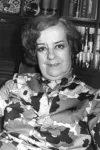Biography
(No Information)
Filmography
all 13
Movies 12
Writer 7
self 2
TV Shows 1
Self - Writer (archive footage)
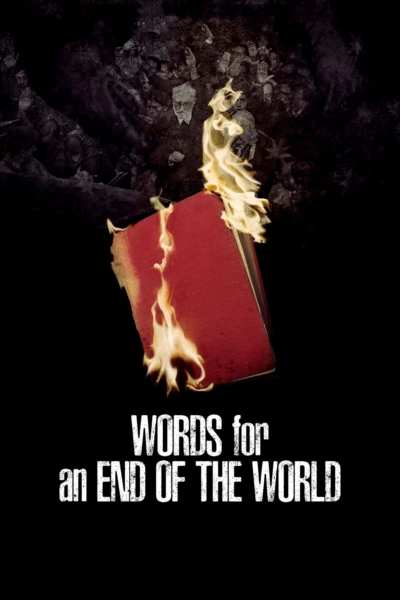
Words for an End of the World (2020)
Movie
Writer
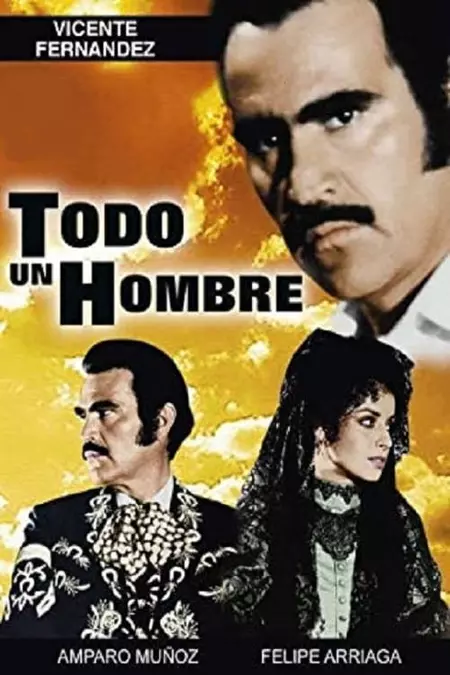
A Real Man (1983)
Movie
Writer
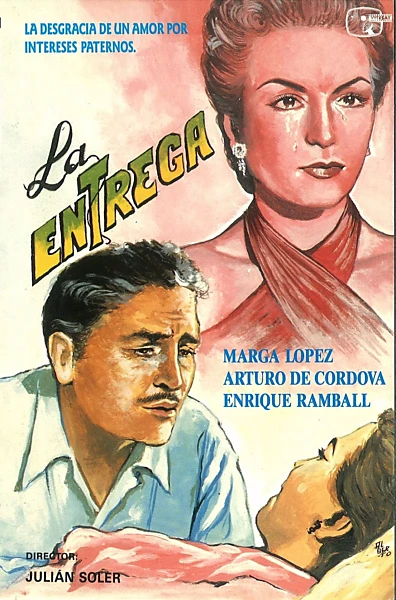
La entrega (1954)
Movie
Self - Writer
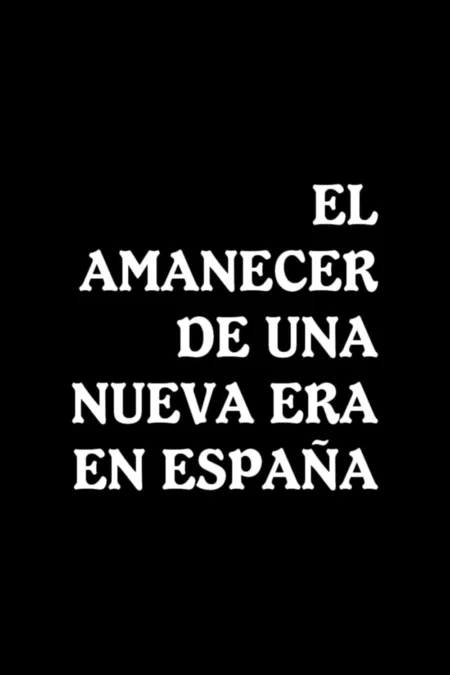
El amanecer de una nueva era en España (1931)
Movie
Gallery
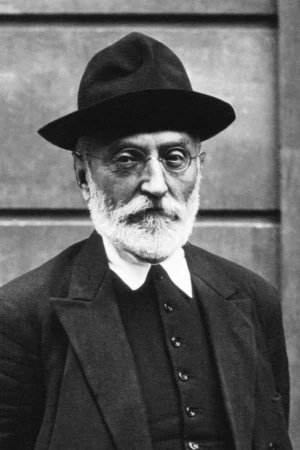


Information
Known ForWriting
GenderMale
Birthday1864-09-29
Deathday1936-12-31 (72 years old)
Birth NameMiguel de Unamuno
Birth PlaceBilbao, Spain
ReligionChristianity
RelationshipsConcha Lizárraga (1891 - 1934)
ChildrenSalomé de Unamuno, Fernando de Unamuno
CitizenshipsSpain
Also Known AsMiguel de Unamuno Jugo, Miguel de Unamuno y Jugo
Awardsdoctor honoris causa from the University of Grenoble, Hijo Adoptivo de Salamanca, honorary doctorate of the University of Salamanca
This article uses material from Wikipedia.
Last updated:
 Miguel de Unamuno
Miguel de Unamuno- Filmography
- Information
- Related Persons
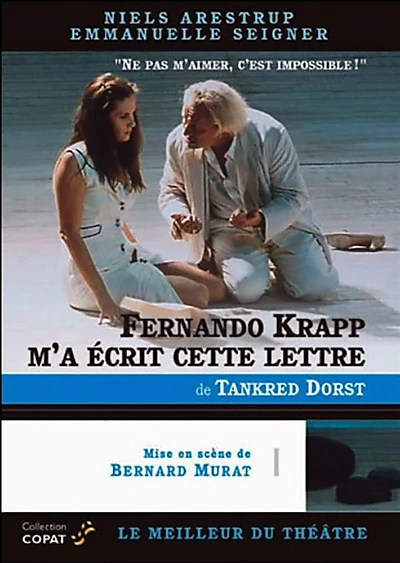
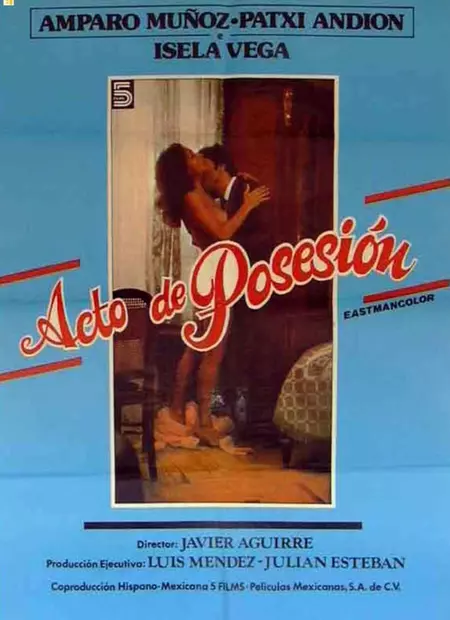

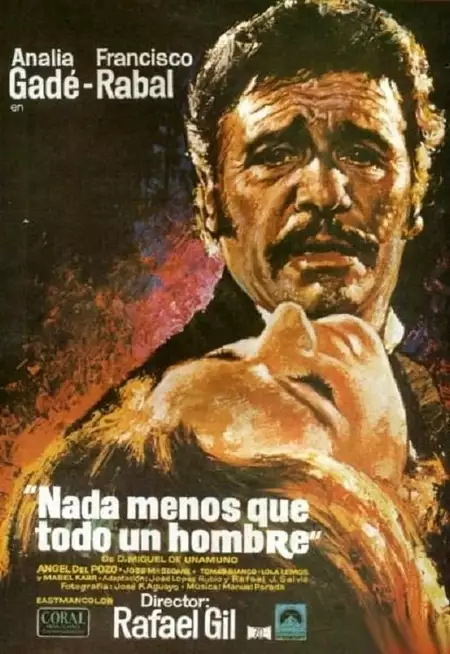
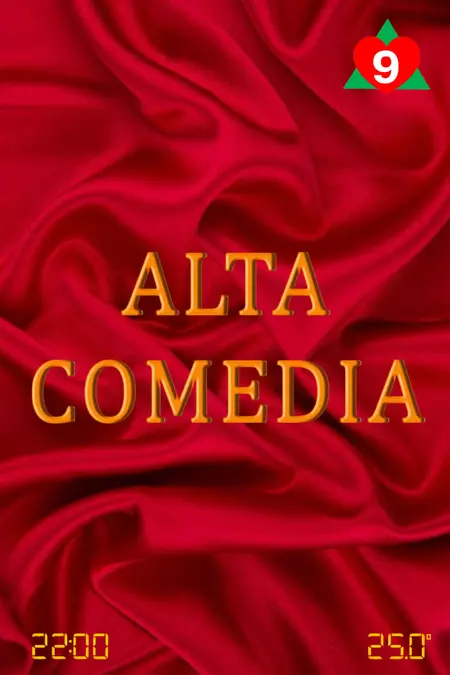
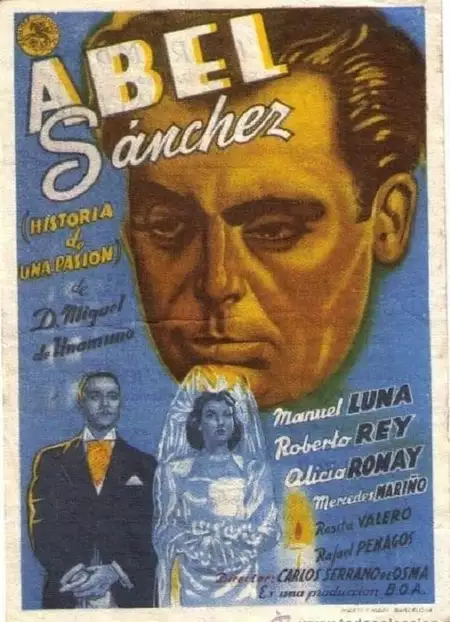
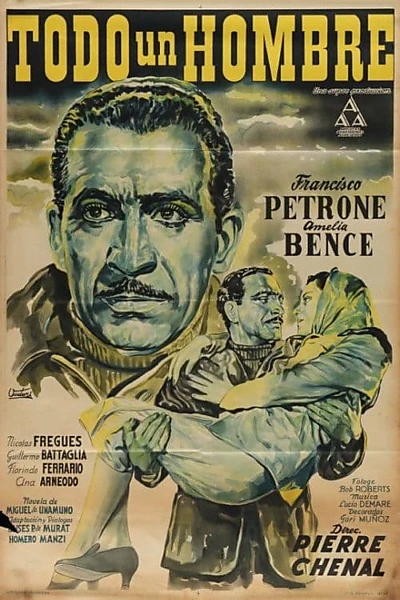
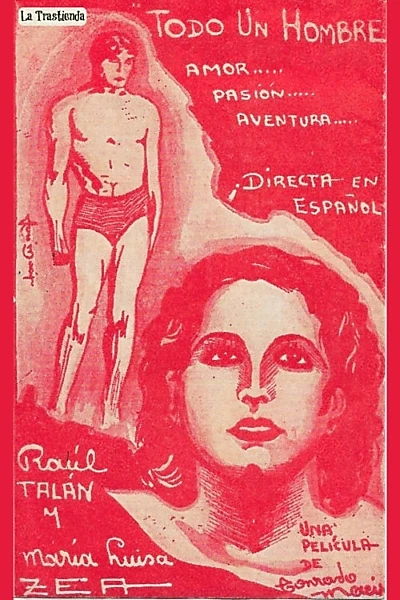
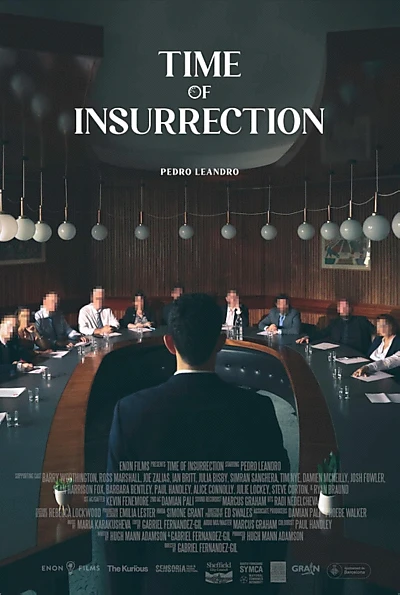

 ,
,